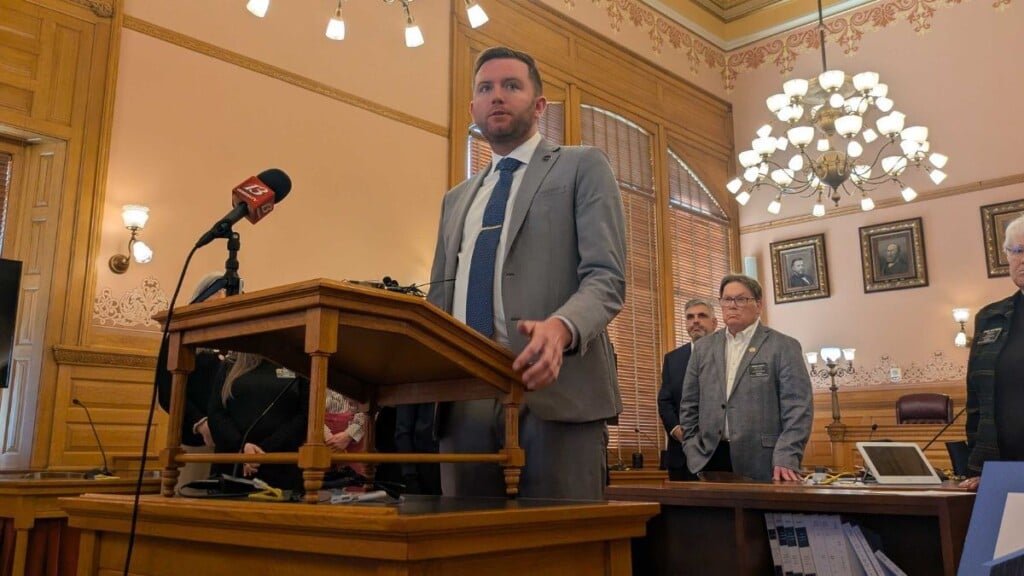Repressed Memories
We’ll salute our dead and corrupt political bosses, but forget about leaders accused of incest.
We still don’t know why Ernest Hemingway, Walter Cronkite, Rush Limbaugh and many, many others failed to make the list of 175 notable Jackson Countians released during the county’s 175th anniversary celebration (Kansas City Strip, January 3). But we think we’ve figured out Charles E. Curry’s absence from the list.
Like Harry S. Truman, Curry got roads paved when he was a presiding judge. (What Missouri government meets that simple standard now?) Curry served eight years and hired the county’s first real auditor in the early 1960s to clean up the mess left by Tom Pendergast in the ’40s. The county “needed a lot of reforms,” says Curry, now 83 and living in Key Largo, Florida.
He presided in 1965 when voters approved borrowing $66 million for stadiums, boulevards, juvenile halls and hospitals. He was president of the chamber of commerce from 1975 to 1976 and helmed a real estate firm, a mortgage company and a bank. He was treasurer of the national Democratic Party when Ronald Reagan was shot and ran briefly as Missouri’s “favorite son” Democratic presidential candidate in 1983, yielding to Walter Mondale‘s unsuccessful assault on the Gipper.
But he also gets credit for behavior that helped create a “survivor’s” program at Kansas City’s Metropolitan Organization to Counter Sexual Assault. Curry’s ex-wife gave startup funds in 1992 when their daughter, Janet Curry, went public to say he’d sexually abused her for decades.
“It was a sad thing,” Charles Curry says of the announcement. “I was very disturbed by it, of course.” He puts his own money into “false memory syndrome” programs, asserting that it was therapists who put thoughts of incest in Janet’s head.
“You know, my dad did a lot of good things for Kansas City,” says Janet, now living in the Mountain time zone. “But unfortunately, he did a lot of bad things in his family.”
Whether those bad things kept him off the list, an admittedly subjective roster compiled by the Jackson County Historical Society and County Executive Katheryn Shields, is hard to tell. “When I made my disclosure, that did affect peoples’ view of him,” Janet says. “I think that we do expect more from our leaders.”




